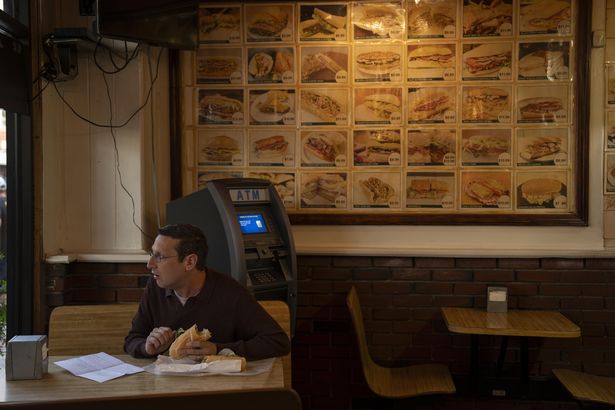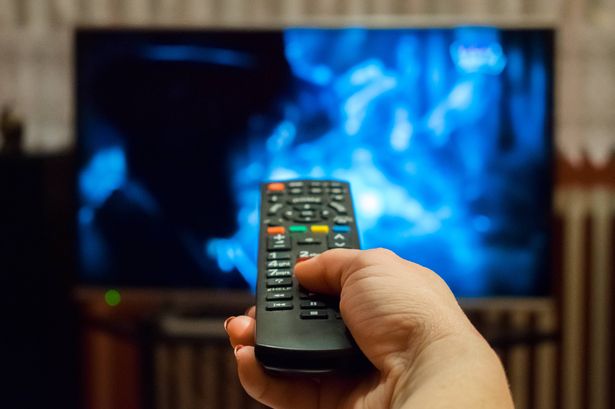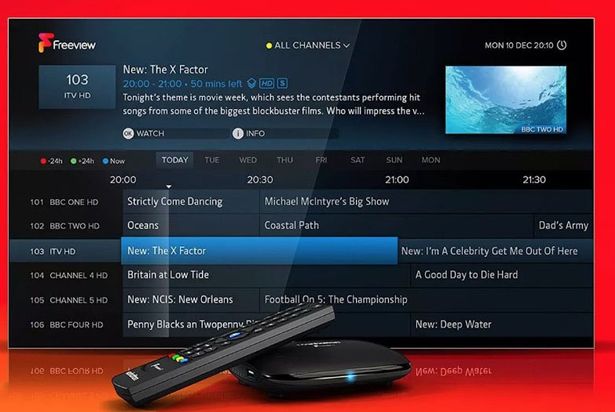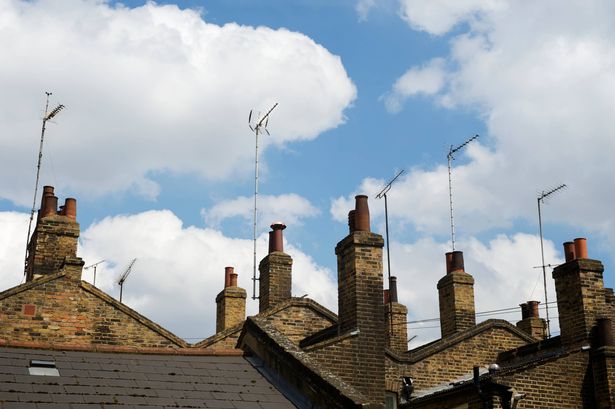Fans of the creator’s hit Netflix series have their new favourite show of 2025
A new series being hailed as ‘one of the best shows of the year’ and a ‘ridiculously addictive’ thriller’ which has earned a perfect score is now streaming.
The Chair Company makes its debut via Sky Comedy as well as through the NOW platform for those with an entertainment pass.
It comes from former Saturday Night Live writers Tim Robinson and Zach Kanin, who are also the comedic minds behind Netflix cult favourite sketch show I Think You Should Leave. This time, they are bringing to the screen what is being described as a labyrinthine mystery-comedy.
According to the show’s secretive synopsis, after an embarrassing incident at work, William Ronald “Ron” Trosper (Robinson) finds himself investigating a far-reaching conspiracy. The makers have remain tight lipped around the show’s plot, wanting fans to discover all the unexpected twists and turns for themselves.
Joining Robinson in the cast, who recently starred in Paul Rudd movie Friendship are The Practice star Lake Bell, IT Part One’s Sophia Lillis, Will Price and Lou Diamond Phillips.
Ahead of it making its debut in the US and UK, it has already managed to secure a perfect 100% rating on website Rotten Tomatoes. One critic simply claimed: “One of the best shows of the year, The Chair Company will have you sinking in your recliner.”
Another added: “The Chair Company is one of the most offbeat and outlandish shows you’ll see this year.” Meanwhile a different verdict suggested: “There is nothing quite like The Chair Company: a show that is emotionally potent while still delivering the perfect marriage between sketch comedy and conspiracy theory.”
The only issue fans may find is that the series is expected to release episodes on a weekly basis with the premiere made available from October 13. Based on information found on IMDB, new instalments will be added each Sunday in the US and Monday in the UK.
This will lead to the finale airing on November 30. It means fans will need to make a decision to watch as soon as episodes drop or wait to catch up as the show is a much more compelling binge watch. That is coming from a reporter who has watched screeners for the first seven episodes and found them ridiculously addictive.
It is a perfect replacement for any viewer who enjoyed any high paced thriller or offbeat comedy released in the last year. That includes Severance, Paradise, Slow Horses, Dept. Q, The Studio and The Rehearsal. The Chair Company dials up the stakes to absolute ridiculous levels and pokes fun at how even the best in the genre make the most unexpected of connections and leaps in their stories.
In doing this it also simultaneously continues the method of Tim Robinson’s expertly crafted sketch show premise of taking simple misunderstandings or social faux pas and blows them way out of proportion.
Imagine the conspiracy thrills of Severance paired with the awkward humour of Nathan Fielder or Larry David.
Everything becomes so bizarre and compelling you can’t help but remain tight in its grip, needing to know just where the eight-part series will end up. The show proves that Robinson et al can indeed stretch a sketch idea into a lengthy series, while somehow maintaining interest and filling it with memorable character moments they are known for.
The Chair Company is streaming on Sky Comedy and NOW



